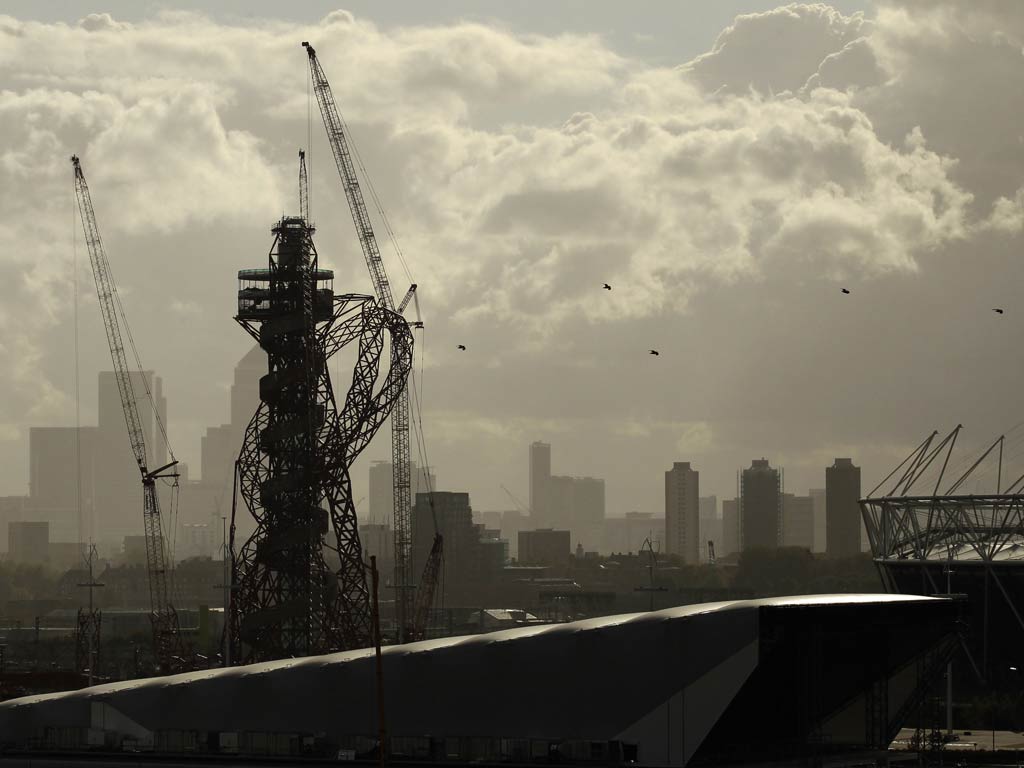Boris Johnson today demanded greater transparency in the Olympic Games ticketing process, a system he dubbed “the cruel engine of disappointment.”
The Mayor of London echoed calls made by the London Assembly in a highly critical report last week, and said that he would raise the matter at the next meeting of the Olympic Board, of which he is a member. “The whole country wants to see transparency," he said.
Locog, the committee responsible for staging the games, chaired by Lord Coe, has refused to publish information regarding the percentage of tickets that have been made available at what prices to particular events, only stating that they will meet their target of 75 per cent being made available to the public.
It has said it will release more detailed information only after the ticket sales process has been completed. Last week’s London Assembly report, to which the Mayor has now given his support, points out that by the time the ticket sales process is complete, it will be too late to do anything about it.
Not all tickets are equal, and there is growing concern that only very few tickets to showpiece events such as track cycling, the ceremonies and athletics finals, have been made available to the public.
A million more tickets will become available in the final resale in April, among them are 40,000 athletics tickets, some for the most sought after sessions such as the men’s 100m final. But there will also be an exclusive 24 hour window for those people who last month were wrongly told they had been allocated tickets to the synchronised swimming and then had them removed, so they may all be gone before the general ticket sale reopens. Fifty thousand of the tickets will be basketball sessions at the Olympic Park and the North Greenwich (O2) Arena. Exact numbers for the opening ceremony have not been worked out but are thought to be in the low thousands.
The capacity of the main stadium will be reduced from 80,000 to 61,000 during the ceremony, because of giant screens and extra demand for seats from VIPs and the media. As few as 29,000 seats are thought to be going to the British public.
Building the various Olympic venues and other infrastructure has cost the taxpayer £9.3bn. Any money recouped from expensive corporate tickets will not reduce this sum, but only pay for the extra estimated £2bn cost of actually staging the games – the gold medals, the javelins, the volunteers' uniforms, and so on. In
this context, there is likely to be considerable public anger if it emerges thatthe vast majority of the best tickets were never available to the general public.
Locog was set up as a private company, which gives it greater flexibility to negotiate with big corporate sponsors, which might not wish details of their contracts to be made public. A consequence is that it is not subject to the Freedom of Information Act and cannot be made to disclose the information regarding ticketing.
A spokesman for the Department of Culture, Media and Sport, which set up Locog in this fashion, said: “Locog are in the middle of a complicated ticket selling operation and are focused on ensuring that as many people as possible who signed up to buy tickets get to go to the Games. We support Locog’s plans to provide a full breakdown of ticket sales after they have completed the process.”
Subscribe to Independent Premium to bookmark this article
Want to bookmark your favourite articles and stories to read or reference later? Start your Independent Premium subscription today.


Join our commenting forum
Join thought-provoking conversations, follow other Independent readers and see their replies